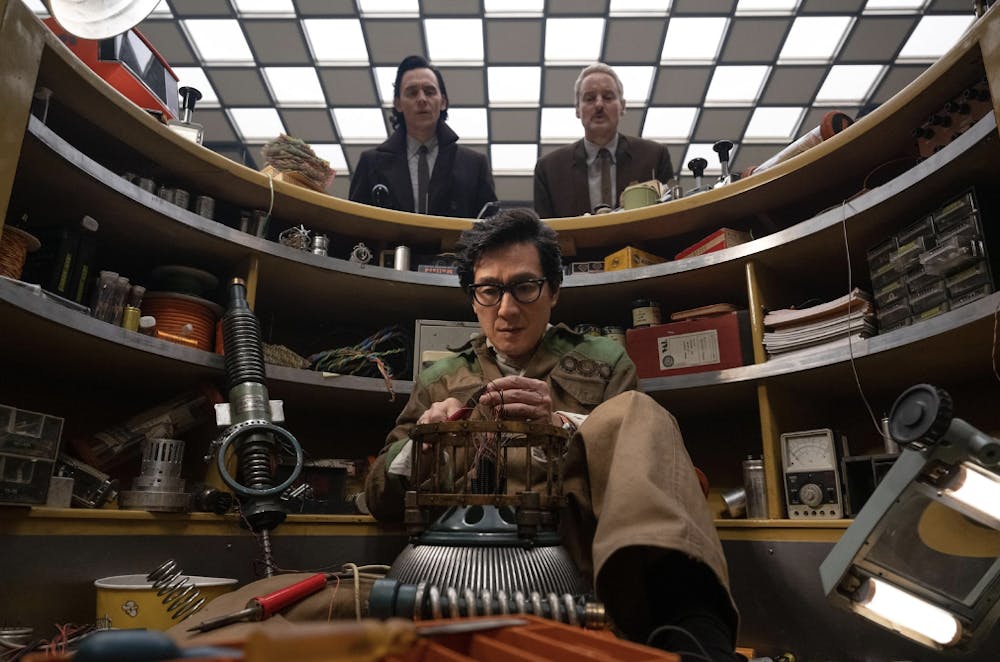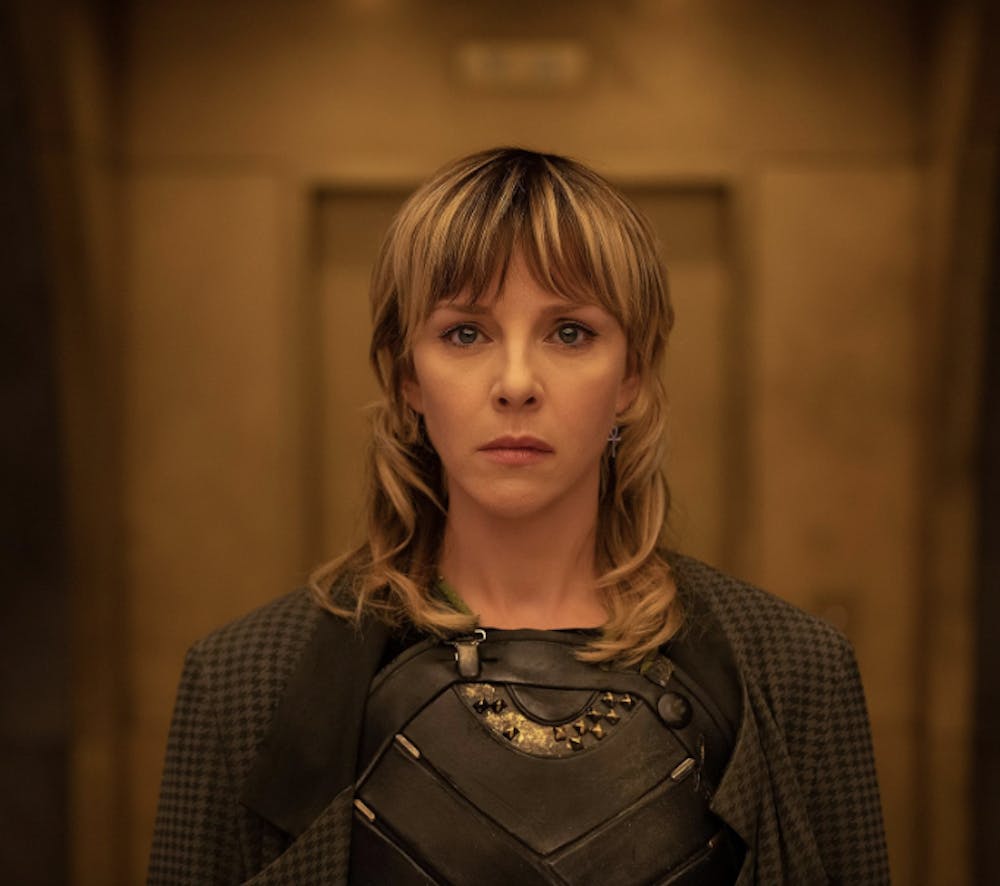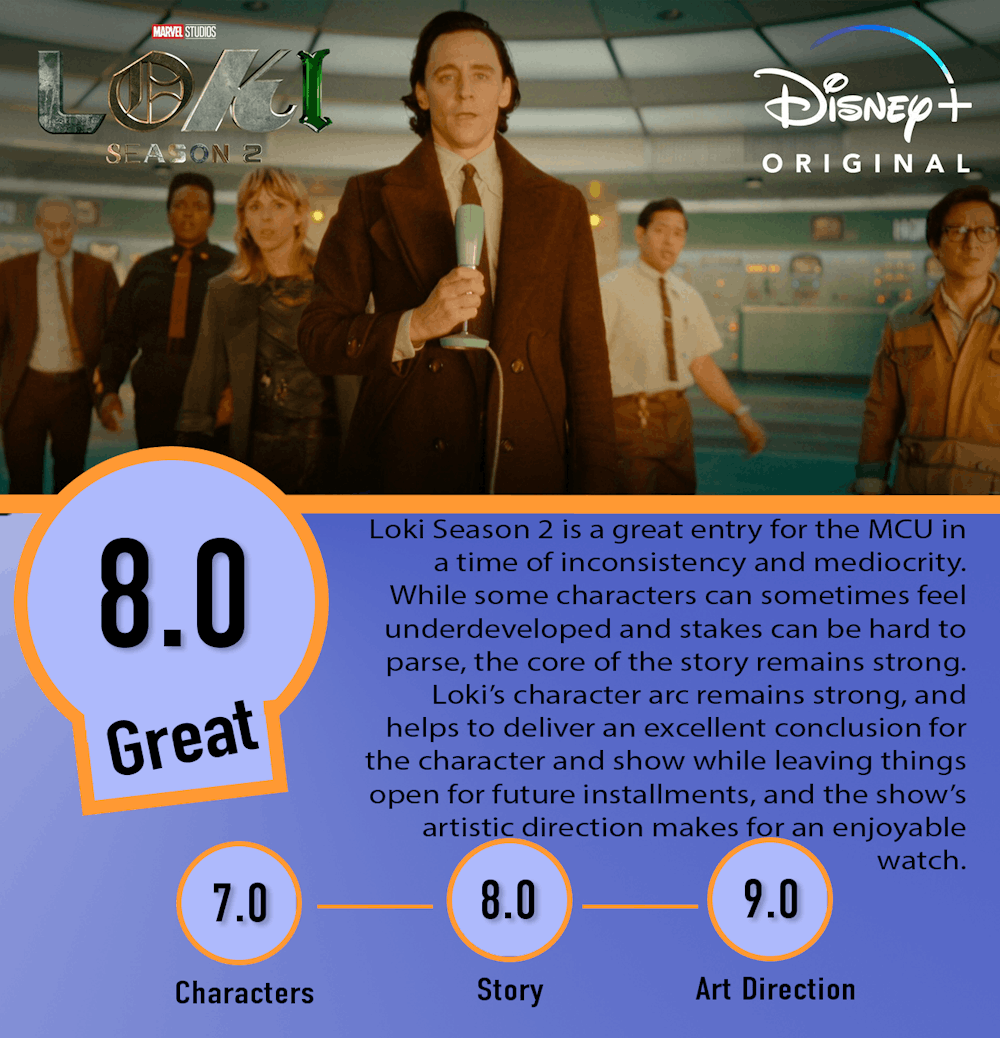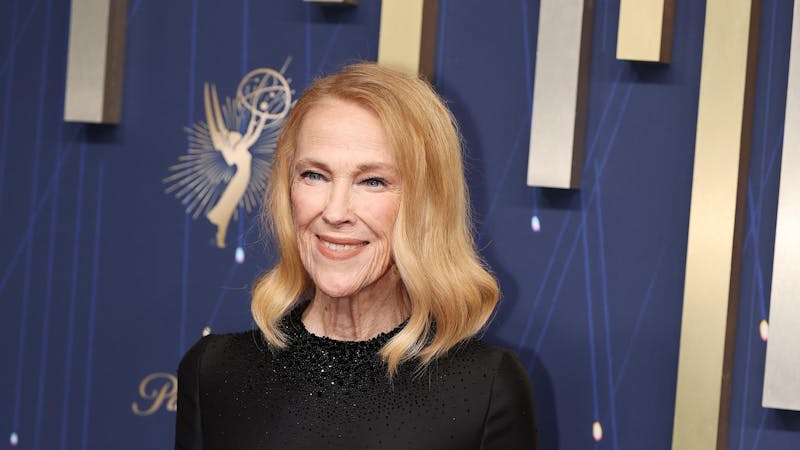The opinions and views expressed in this article are those of the author and do not reflect the opinion of Byte or Byte’s editorial board.
This article may contain spoilers for the first season of Loki.
A popular sentiment regarding the Marvel Cinematic Universe right now is that the quality of its content has declined quite steeply since the end of the Infinity Saga with Avengers: Endgame. Among many newer MCU properties falling short of series standards, such as the recent Secret Invasion series on Disney+, I have always held that the first season of Loki has been one of my favorite additions to the franchise in recent history. So, with a second season approaching, I was hoping that the series could maintain its quality whilst continuing to provide an interesting narrative. Thankfully, Season 2 holds up pretty well, delivering a satisfying conclusion for its titular character, however this show is not without its flaws.
Whose Time is it Anyway?
Season 2 begins with the cliffhanger left during the first season. Loki has arrived back at the TVA (Time Variation Authority) after Sylvie, his female variant, has killed He Who Remains, a variant of Kang the Conqueror. From here, we see Loki deal with a problem in which he is pulled between two different time periods. Due to this, we are introduced to the eccentric character of Ouroboros, or O.B. for short, played by Ke Huy Quan. There isn’t too much action in this season, so the characters' interactions make up much of the core of this show’s entertaining elements, and O.B. is no exception. Ke Huy Quan’s performance as O.B. makes him one of the best characters in the season with his vast intelligence and a sometimes comedic up-front attitude. Jonathan Majors makes a return as a variant of Kang named Victor Timely, a stuttering mad scientist from old-timey Chicago. Controversy surrounding Majors aside, the character of Victor started to get on my nerves after a while, as I think Majors oversold the weird nerd trait with his constant stuttering. Of course, Tom Hiddleston kills it yet again as Loki, truly embodying the concept of being the god of mischief himself, with light hearted moments of wit balancing amongst emotional scenes where Loki takes on the burden of saving the flow of time itself. Alongside Loki, Owen Wilson’s Mobius returns as a fun character to bounce off Loki and vice versa, although he doesn’t get nearly as much to do as he did in the previous season.

Although most characters get decent continuations in Season 2, I was quite disappointed in how the character of Sophia Di Martino’s Sylvie was handled. In the first season, Sylvie was presented as someone who is finally learning how to trust someone else after spending her whole life on the run. By the end of that season, we had seen how Sylvie may have become too dedicated to her goals when she kills He Who Remains despite the warnings of multiversal catastrophe. In spite of this setup, there is almost no payoff for her character. She no longer has the strong connection with Loki that she had built up, instead showing up to voice her disapproval of the main cast’s actions in maintaining the TVA. Overall, I think her role has seen a significant diminishment over the new season.
The Story of Gods
Loki Season 2’s story is that of a mixed bag. On one hand, the stakes aren’t always as apparent as they should be, as we hear that catastrophe could be imminent, but it’s always explained in sci-fi jargon that doesn’t really have any bearing on the real world. On the other hand, this season has plenty of great character moments, and the episodes themselves aren’t actually bad.
As stated, Season 2 begins following Season 1’s cliffhanger, with Loki now scrambling to stop his slipping through time. After coming to an initial solution, Loki and company must now find a way to stabilize the branching timelines that are now getting out of control or risk the end of the TVA and time itself. While these stakes seem high, we aren’t really shown what the consequences of a loss actually look like until the penultimate episode, and Sylvie’s constant skepticism might lead viewers to believe that the stakes might not be as high as some characters state them to be.

Each episode of the show takes viewers on a new adventure, from reuniting with old acquaintances to an old Chicago, to a time-hopping race against fate, each episode can seem vastly different to the last while still carrying on the plot of the show. On one hand, this makes the show feel somewhat aimless in some areas, specifically the first half of the season. On the other hand, the latter episodes each bring something fantastic to the table, with the ending to the fourth episode being a really great cliffhanger on a weekly watching basis.
Despite the all-over-the-place nature of this season, the finale really brings things together in a way that makes not just this season, but also the first season, feel incredibly satisfying. Without spoiling anything, I think this season’s finale is a great way to put an end to this series and round out this version of the god of mischief’s story arc while also possibly leaving things open for these characters to appear again some time in the future.
Presentation is Key
One of my favorite parts of Loki Season 2 is easily the artistic direction shown throughout the show. Firstly, the retro technology aesthetic of the TVA remains a visually distinct aspect of the show, and one that adds so much character to the primary setting of the show. I was also impressed with much of the camerawork shown throughout this season, with a lot of nice close-up angles and a moving camera. These steps up in cinematography really make the show feel more cinematic and well put-together than many other recent shows released on Disney+.
Another absolutely wonderful part of this show’s presentation is composer Natalie Holt’s score. I’m a big music person, so I’m often acutely aware of how music is used in media to add to the narrative, and this show is no exception. The quality of the score especially shows itself in the final episode when some tracks are used to really bring out the emotions of the story and characters. One track I was a particular fan of was a sort of post-rock remix of the show’s theme that plays as the show cuts to the credits for the last time, truly accentuating the finality of the show’s conclusion.

Contact Ian Case with comments at ian.case@bsu.edu
Sources:
IMDb, IMDb, IMDb, IMDb, IMDb, IMDb
Photos:

















